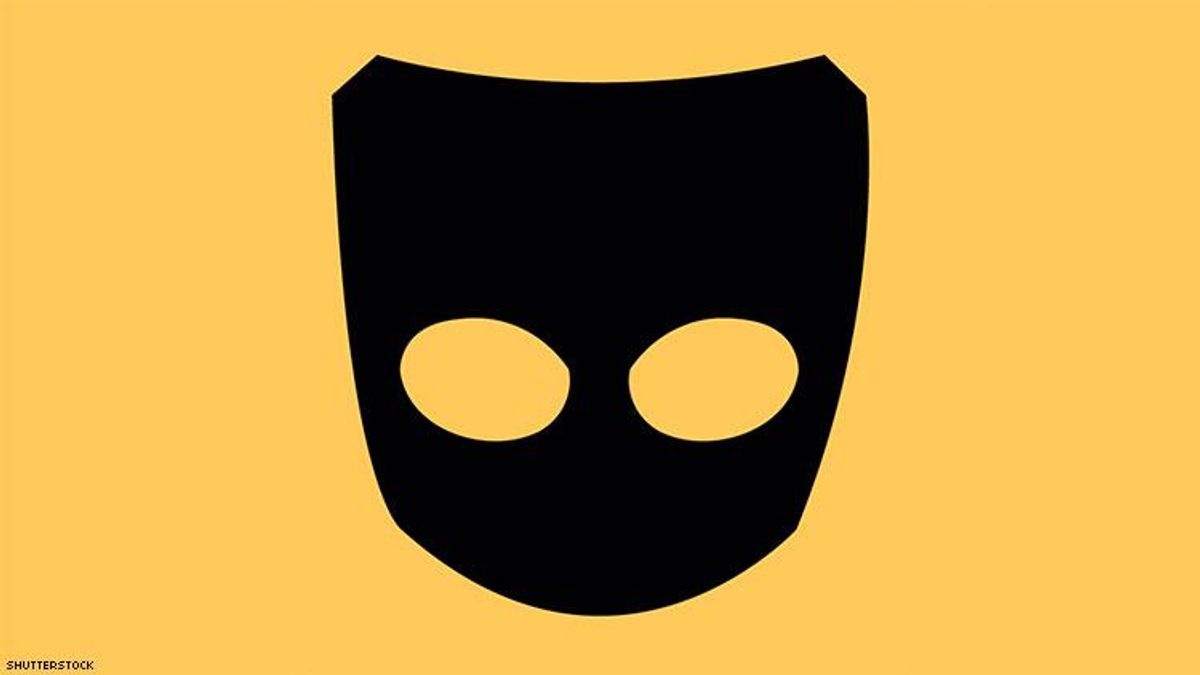Grindr's corporate owners are reportedly looking to sell the LGBTQ+ sex app following intervention from the U.S. government.
According to sources "familiar with the matter" who spoke to Reuters anonymously, the Committee on Foreign Investment in the United States has found that Beijing Kunlun Tech Co., Ltd.'s ownership of Grindr LLC poses a "national security risk" and have informed the Chinese gaming company of those concerns.
The issue has to do with the personal information that Kunlun, like many other mobile apps, collects from its users and shares with third parties, ranging from that user's location to message content and even HIV status. CFIUS' intervention also appears to revolve around the fact that Kunlun is based outside of the U.S. and, through data collection, could take and share private data about America Grindr users who happen to serve in the military or work for the government.
In response, Reuters' sources claim that Kunlun, which acquired a majority stake in Grindr three years ago before buying the company in full after founder and CEO Joel Simkhai stepped down in 2018, has decided to sell the app. Kulun has not confirmed the report at press time.
Data-harvesting is an incredibly common practice among the tech companies that make our mobile apps. A 2018 study, for example, found that almost 90 percent of the free apps available through the Google Play store collect user data and share it with Alphabet, the company that owns Google.
The practice is no less common among sex and dating apps like Grindr or Tinder. Scruff CEO Eric Silverberg tells Out that the LGBTQ+ app, which functions similarly to Grindr and appeals to a similar user base, collects the information users disclose in their profiles but does not share that information with third-party advertisers.
"The privacy of our members is paramount," says Silverberg. "Scruff has elected to build our own ad delivery system in house to give us the maximum amount of control [over our users' data]. We don't work with third-party data brokers, we're not selling members' data, and we would certainly never disclose their health information or HIV status as, I believe, Kunlun was accused of doing last year."
Out reached out to a couple other LGBTQ+ apps to inquire about their data-sharing practices but did not hear back at press time. We will update this story if we hear back.
RELATED | Grindr Lays Off INTO Staff in Pivot to Video



















































































